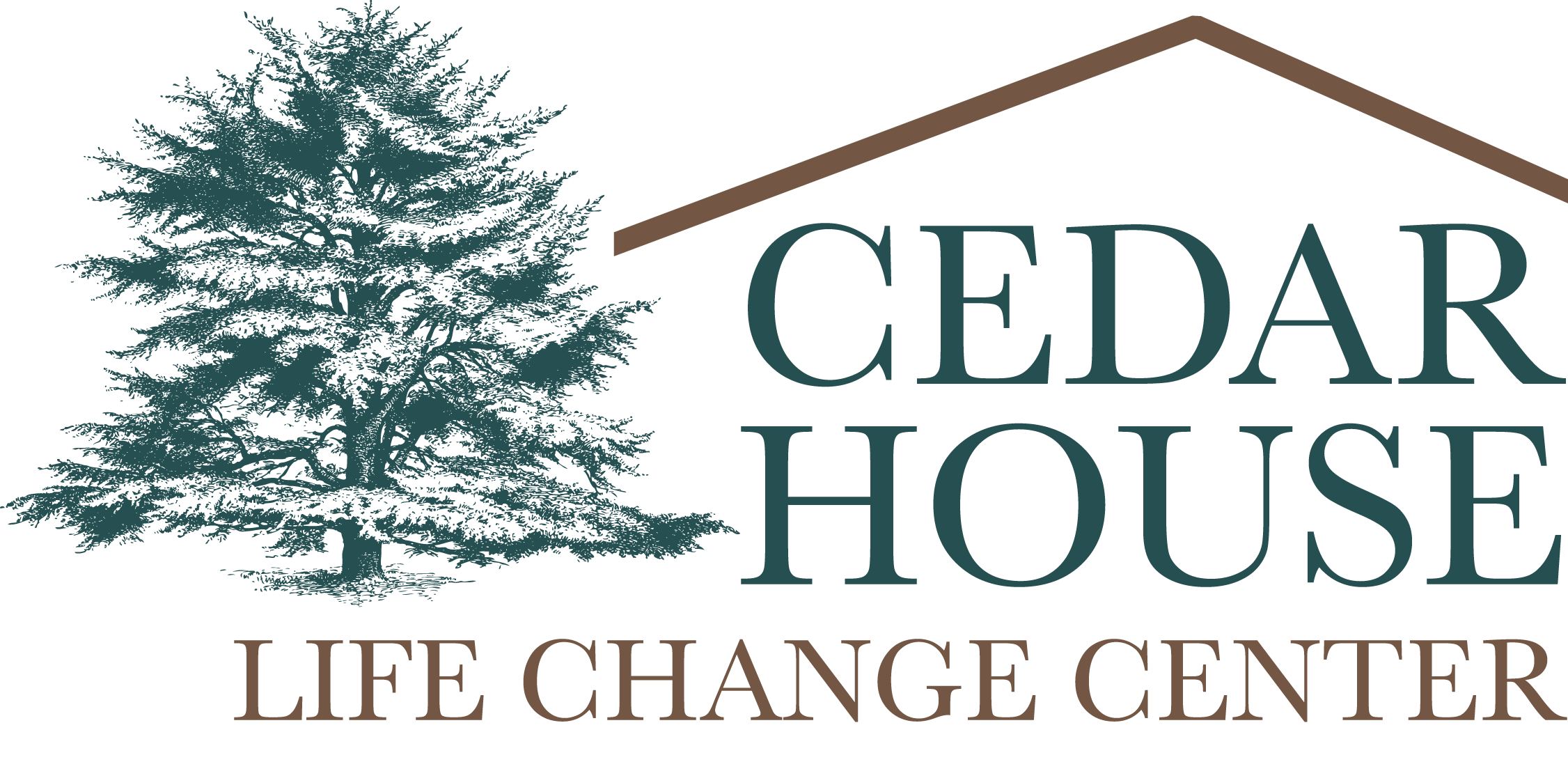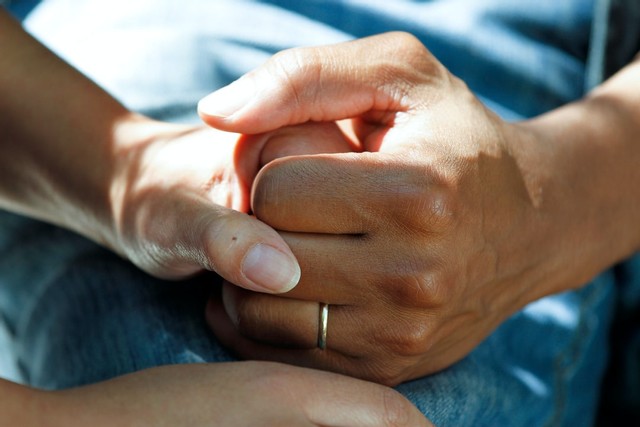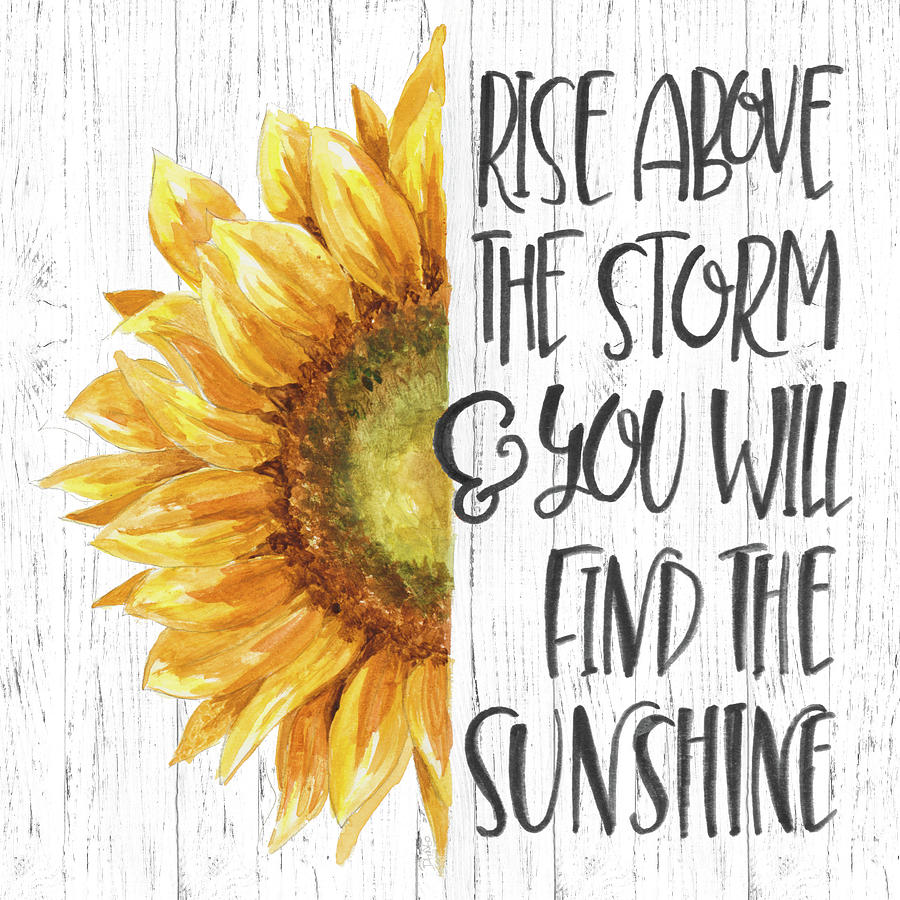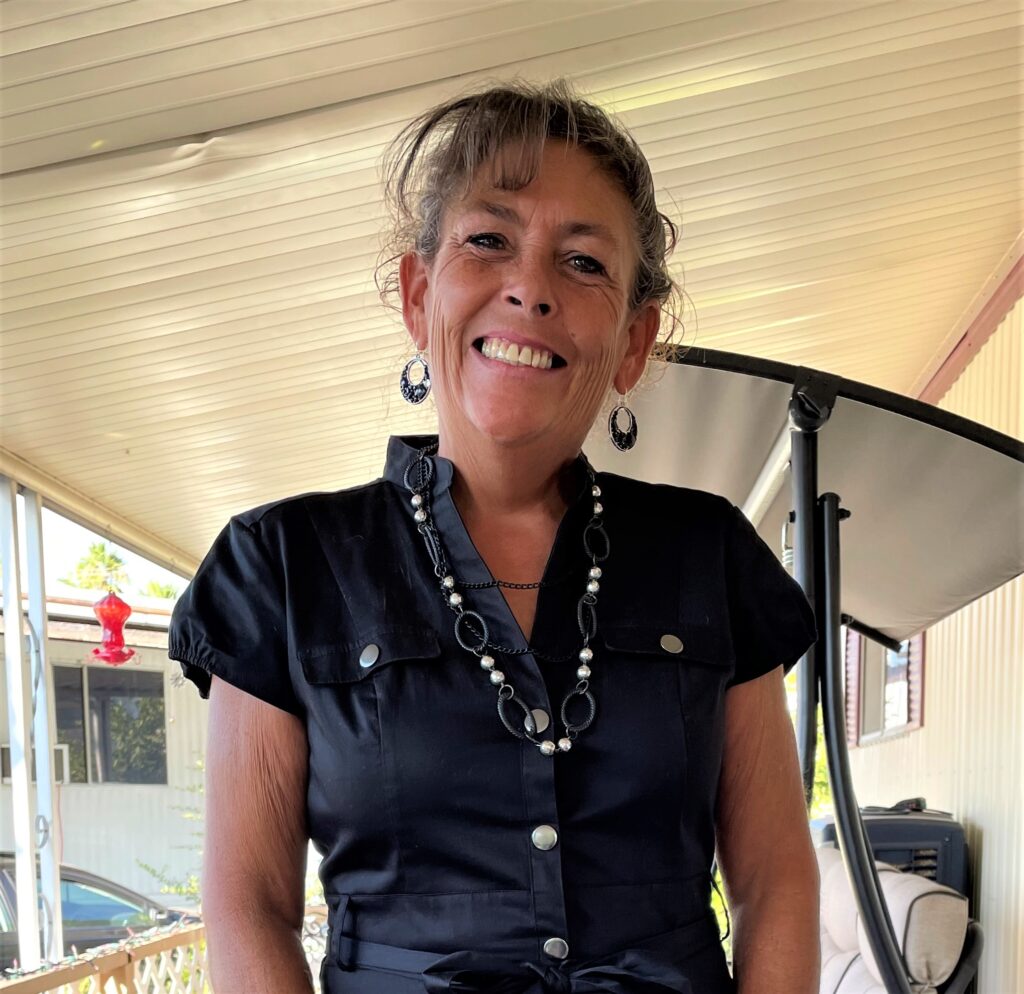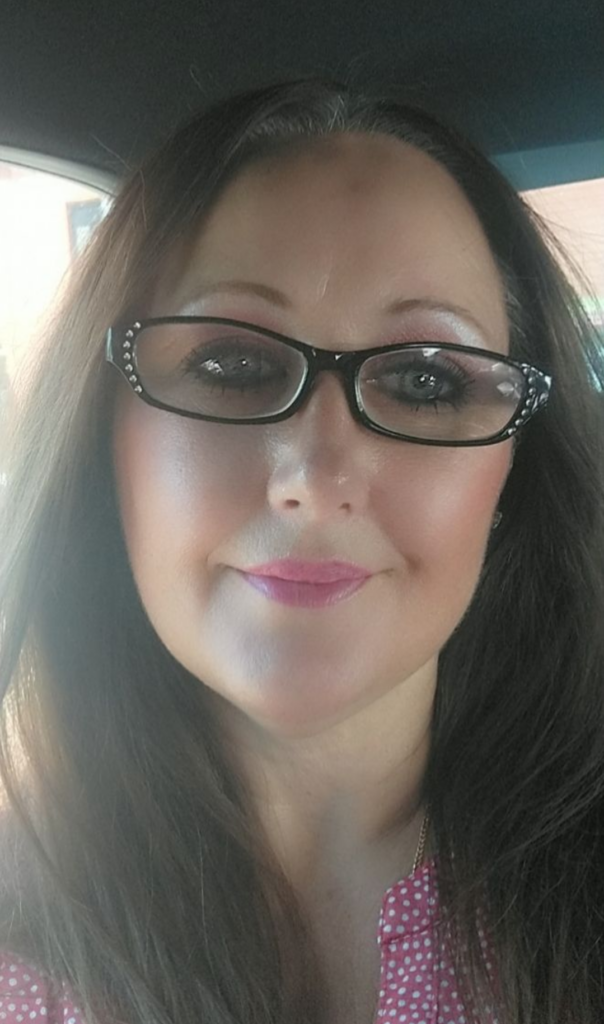Are you ready to get on the path to recovery? Maybe you’ve been sober for years and continue to work on your recovery everyday. Or, you might be suffering and feel unsure about whether you can even start battling your addiction. Wherever you are in your journey, Cedar House is here to support you along the way. Sometimes, simple words of wisdom go a long way in motivating you to pursue a better life. Please use the following collection of inspirational quotes to guide you along whatever part of the path you find yourself on today:

- “If you can quit for a day, you can quit for a lifetime.” – Benjamin Alire Sáenz
- “Hardships often prepare ordinary people for an extraordinary destiny.” – C.S. Lewis
- “I got sober. I stopped killing myself with alcohol. I began to think: ‘Wait a minute. If I can stop doing this, what are the possibilities?’ And slowly it dawned on me that it was maybe worth the risk.” – Craig Ferguson
- “Courage isn’t having the strength to go on – it is going on when you don’t have strength.” – Napoleon Bonaparte
- “We honor ourselves when we speak out for recovery. We show the world that recovery matters because it brings hope and peace into the lives of individuals and their loved ones.” – Beth Wilson
- “As human beings, our greatness lies not so much in being able to remake the world as in being able to remake ourselves.” – Mahatma Gandhi
- “I think that the power is in the principle. The principle of moving forward, as though you have the confidence to move forward, eventually gives you confidence when you look back and see what you’ve done.” – Robert Downey Jr.
- “No matter how dark the night may get, your light will never burn out.” – Jeanette LeBlanc
- “The ultimate measure of a man is not where he stands in moments of comfort and convenience but where he stands at times of challenge and controversy.” – Dr. Martin Luther King Jr.
- “Sometimes we motivate ourselves by thinking of what we want to become. Sometimes we motivate ourselves by thinking about who we don’t ever want to be again.” – Shane Niemeyer
- “One of the hardest things was learning that I was worth recovery.” – Demi Lovato
- “Rising from the ashes, I am born again, powerful, exultant, majestic through all the pain.” – Shannon Perry
- “Sometimes you’ve just got to give yourself what you wish someone else would give you.” – Dr. Phil McGraw
- “Sobriety was the best gift I ever gave myself.” – Rob Lowe
- “Recovery is all about using our power to change our beliefs that are based on faulty data.” – Kevin McCormick
- “The man who moves a mountain begins by carrying away small stones.” – Confucius
- “Though no one can go back and make a brand-new start, anyone can start from now and make a brand-new ending.” – Carl Bard
- “Believe you can, and you’re halfway there.” – Theodore Roosevelt
- “Amazing how we can light tomorrow with today.” – Elizabeth Barrett Browning
- “Don’t let the past steal your present.” – Cherríe L. Morga
- “If we are facing in the right direction, all we have to do is keep walking.” – Buddhist Proverb
- “When everything seems to be going against you, remember that the airplane takes off against the wind, not with it.” – Henry Ford
- “I hated every minute of training, but I said, ‘Don’t quit. Suffer now and live the rest of your life as a champion.’” – Muhammad Ali
- “Our greatest glory is not in never failing, but in rising up every time we fail.” – Ralph Waldo Emerson
- “It is by going down into the abyss that we recover the treasures of life. Where you stumble, there lies your treasure.” – Joseph Campbell
- “If you accept the expectations of others, especially negative ones, then you never will change the outcome.” – Michael Jordan
- “People often say that motivation doesn’t last. Neither does bathing. That’s why we recommend it daily.” – Zig Ziglar
- “I understood, through rehab, things about creating characters. I understood that creating whole people means knowing where we come from, how we can make a mistake and how we overcome things to make ourselves stronger.” – Samuel L. Jackson
- “Success is the sum of small efforts, repeated day in and day out.” – Robert Collier
- “My recovery from drug addiction is the single greatest accomplishment of my life… but it takes work — hard, painful work — but the help is there, in every town and career, drug/drink freed members of society, from every single walk and talk of life to help and guide.” – Jamie Lee Curtis
- “Life is like riding a bicycle. To keep your balance, you must keep moving.” – Albert Einstein
- “Sometimes you can only find Heaven by slowly backing away from Hell.” – Carrie Fisher
- “It is 10 years since I used drugs or alcohol and my life has improved immeasurably. I have a job, a house, a cat, good friendships and, generally, a bright outlook… The price of this is constant vigilance because the disease of addiction is not rational.” – Russell Brand
- “Fall seven times, stand up eight.” – Japanese proverb
- “I realized that I only had two choices: I was either going to die or I was going to live, and which one did I want to do? And then I said those words, ‘I’ll get help,’ or, ‘I need help. I’ll get help.’ And my life turned around. Ridiculous for a human being to take 16 years to say, ‘I need help.’” – Sir Elton John
- “Character cannot be developed in ease and quiet. Only through experience of trial and suffering can the soul be strengthened, ambition inspired, and success achieved.” – Helen Keller
- “If it wasn’t for that rehab center, I probably wouldn’t have been here. In terms of recovery, it has been very important for me to be a part of a recovery community, to actively be around my people because they understand me. They get it.” – Macklemore
- “All the suffering, stress, and addiction comes from not realizing you already are what you are looking for. “– Jon Kabat-Zinn
- “It always seems impossible until it’s done.” – Nelson Mandela
- “Every experience in your life is being orchestrated to teach you something you need to know to move forward.” – Brian Tracy
- “Man never made any material as resilient as the human spirit.” – Bernard Williams
- “I have learned over the years that when one’s mind is made up, this diminishes fear.” – Rosa Parks
- “Nothing is impossible; the word itself says, ‘I’m possible!’” – Audrey Hepburn
- “What lies behind us and what lies before us are tiny matters compared to what lies within us.” – Ralph Waldo Emerson
- “I can’t change the direction of the wind, but I can adjust my sails to always reach my destination.” – Jimmy Dean
- “I dwell in possibility.” – Emily Dickinson
- “Experience is not what happens to you, it is what you do with what happens to you.” – Aldous Huxley
- “We can’t solve problems by using the same kind of thinking we used when we created them.” – Albert Einstein
- “Whether you think you can or you think you can’t, you’re right.” – Henry Ford
- “The only person you are destined to become is the person you decide to be.” – Ralph Waldo Emerson
- “As one goes through life, one learns that if you don’t paddle your own canoe, you don’t move.” – Katharine Hepburn
- “Amazing how we can light tomorrow with today.” – Elizabeth Barrett Browning
- “When you get into a tight place and everything goes against you, till it seems you could not hang on a minute longer, never give up then, for that is just the place and time that the tide will turn.” – Harriet Beecher Stowe
- “I went to hell and back, but I wouldn’t have it any other way. Then I wouldn’t be in the position I’m in, happy about life and comfortable in my skin.” – Drew Barrymore
- “Rock bottom became the solid foundation on which I rebuilt my life.” – J.K. Rowling
- “Turn your face to the sun and the shadows fall behind you.” – Charlotte Whitton
- “You must do the things you think you cannot do.” – Eleanor Roosevelt
- “Even in the midst of devastation, something within us always points the way to freedom.” – Sharon Salzberg
- “Recovery is hard. Regret is harder.” – Brittany Burgunder
- “If things go wrong, don’t go with them.” – Roger Babson
